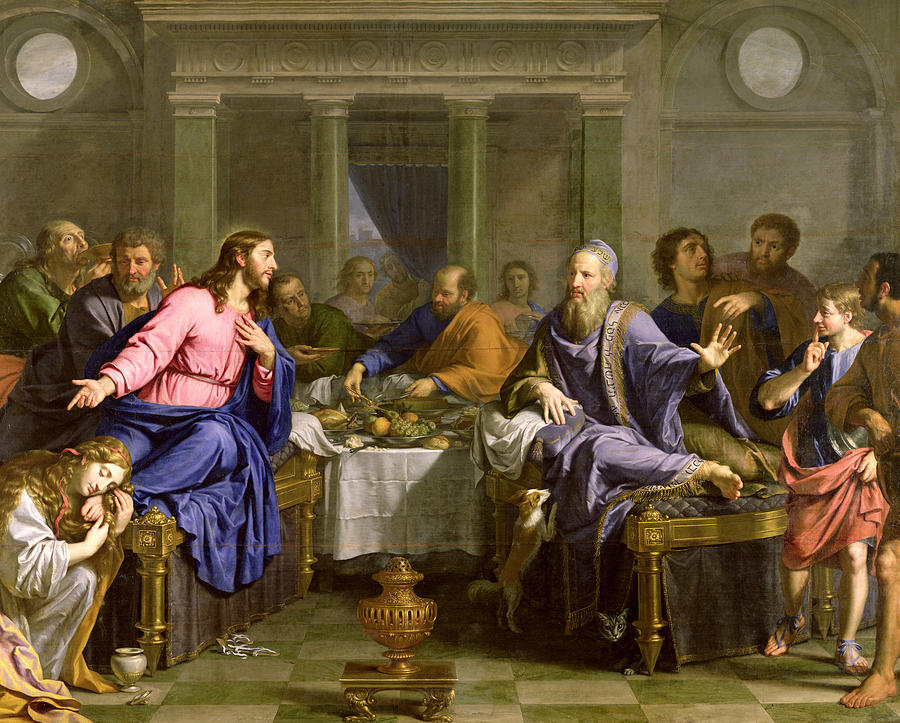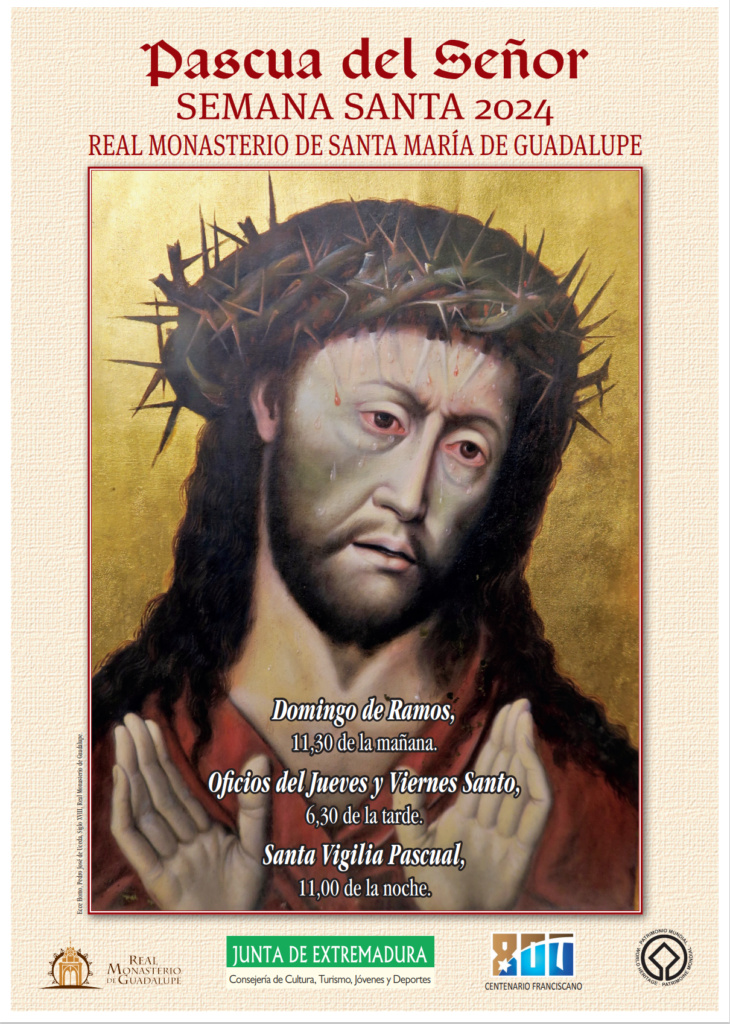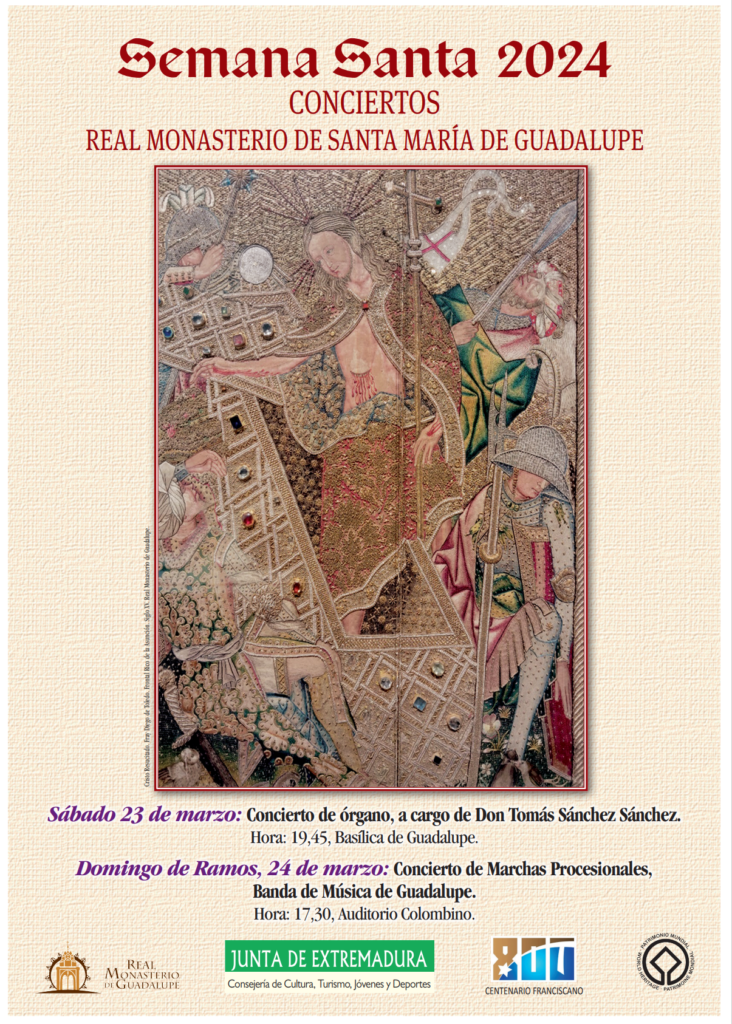Saint Luke 7, 36-50: The forgiven sinner.

Lucas tells the scene with elegance and very significant details. What a contrast between the Pharisee Simon, who has invited Jesus to dinner, and that sinful woman who no one knows how she managed to enter the feast and showers Jesus with signs of affection! Of course, forgiving a sinful woman precisely at the home of a Pharisee who has invited her is a bit provocative. It is not unusual for those present to be scandalized, or because Jesus did not know what kind of woman she was, or that he did not react to her gestures, which were at least a little ambiguous.
But Jesus wanted to convey a basic message in his preaching: the importance of love and forgiveness. The argument seems to fluctuate in two directions. It can be said that he is forgiven because he has loved («his sins are forgiven, because he has a lot of love»), and that he has loved because he has been forgiven («the one who was forgiven the most will love more»). Probably that woman had already experienced the forgiveness of Jesus at another time, and for this she expressed her gratitude to him in such an effusive way.
The scene makes us rethink our behavior with those we consider «sinners.» How do we treat them: encouraging them or sinking them further? We can act with a mean heart, like the Pharisees who judge and condemn everyone, or like the elder brother of the prodigal son who uncompromisingly reproaches him for what he has done, or like Simon and the other guests, who must not be bad people (They have invited Jesus to eat), but they do not know how to be benevolent and love. Or we can behave like the father of the prodigal son, and especially like Jesus himself, who forgives the adulterous woman who is presented to him, and Zacchaeus the publican, and has words of encouragement for this woman who has entered the banquet room and anoints his feet.
Where are we portrayed, in the Pharisees or in Jesus? It is not that we endorse everything. How Jesus did not approve of sin and evil. But to imitate their attitude of respect and tolerance. With our human welcome, we can help so many people – drug addicts, criminals, outcasts of all kinds – to rehabilitate themselves, making the path of hope easy for them. With our righteous rejection we can take away the few spirits they have. Of course, to be benevolent in our judgments with others, we must first be aware that God has shown mercy to us. We have been forgiven a lot and therefore we should be more tolerant of others, without becoming judges always ready to criticize and condemn. God is rich in mercy. He has demonstrated it in Christ Jesus. And he wants to continue showing it through us as well.
Peace and good
Fr. Antonio Majeesh George Kallely, ofm











